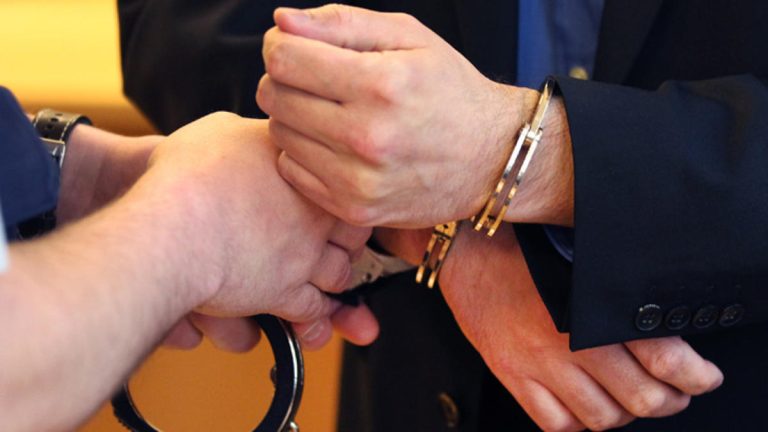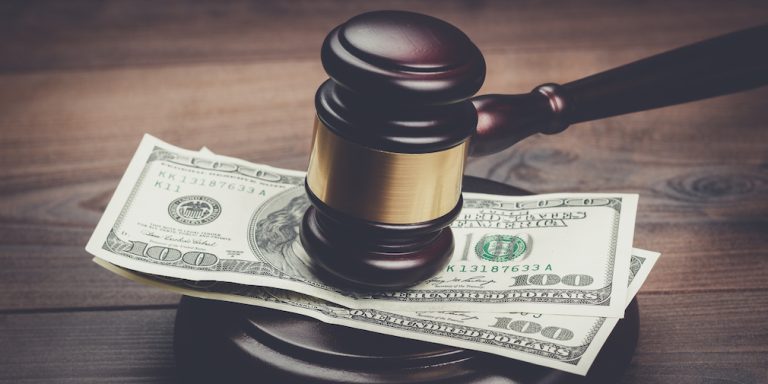Mortgage Foreclosure Rescue Scams
Tips for Avoiding Mortgage Foreclosure Rescue Scams Beware of Unethical Mortgage Foreclosure Rescue Operators A fairly new and dangerous…
Tips for Avoiding Mortgage Foreclosure Rescue Scams Beware of Unethical Mortgage Foreclosure Rescue Operators A fairly new and dangerous…

Protect your small business How scammers con small businesses Scams targeting small businesses come in various forms—from invoices for…

West Haven Woman Sentenced to Prison for Role in Fraud and Identity Theft Scheme Deirdre M. Daly, United States…

San Diego Finance Executive and Real Estate Broker Charged with $50 Million Fraud SAN DIEGO – Financial executive Peter…

Top Business Security Tips Congratulations on beginning your own business, or on obtaining your own address and gap your…

Owner of Durable Medical Equipment Company Pleads Guilty to Health Care Fraud Defendant Admits Billing D.C. Medicaid for Supplies…

Mechanics of a false insurance claim. Before a business will have interaction in security to stop insurance fraud, it’s…

Dallas Man Sentenced in Connection with Denton County Highway Expansion Fraud SHERMAN, Texas – A 34-year-old Dallas man has…

Former Lincoln-Way School Superintendent Indicted on Fraud Charges for Allegedly Misappropriating School Funds for His Own Benefit CHICAGO —…

Florida Woman Found Guilty in Gas Station Debit Card Skimming Operation that Involved Multiple States Montgomery, Alabama- Eunises Llorca-Menses…

Self-Proclaimed “Grand Sheik” of Moorish Temple Sentenced to Nearly 6 Years in Prison for Scheming to Defraud the IRS…

South Carolina Family Practice Chain, Its Co-Owner, and Its Laboratory Director Agree to Pay the United States $2 Million…

Philadelphia Man Sentenced to 60 Months for Fraud Scheme Victimizing Homeowners Zaki M. Bey, 39, of Philadelphia, PA, was…

Sharebeast.com owner pleads guilty to criminal copyright infringement ATLANTA – Artur Sargsyan has pleaded guilty to one felony count…

Bates Family Sentenced to 627 Months Imprisonment for Gold and Silver Ponzi Scheme Memphis, TN – Bates family members…

Former Alabama Legislator Pleads Guilty to Bribery Conspiracy, Fraud and Tax Evasion BIRMINGHAM – A former Alabama legislator pleaded…

Former Financial Advisor Sentenced to 33 Months in Prison For Stealing More Than $1 Million from Clients Defendant Embezzled…

Stock Broker Pleads Guilty to Microcap Stock Manipulation Scheme BOSTON – A former New Hampshire stockbroker pleaded guilty today…

Manhattan U.S. Attorney And FBI Assistant Director Announce Securities And Wire Fraud Charges Against Craig Carton And Michael Wright…

Monmouth County Investment Adviser And Tax Preparer Charged In $1.8 Million Investment Fraud Scheme TRENTON, N.J. – A Farmingdale,…